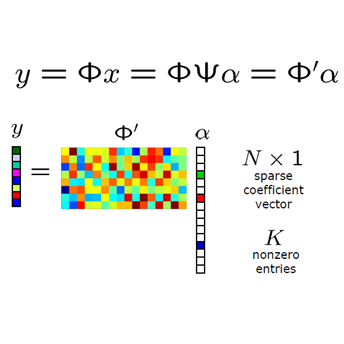A vast population of low-cost low-power transmitters sporadically sending small amounts of data over a common wireless medium is one of the main scenarios for Internet of things (IoT) data communications. At the medium access, the use of grant-free solutions may be preferred to reduce overhead even at the cost of multiple-access interference. Unsourced multiple access (UMA) has been recently established as relevant framework for energy efficient grant-free protocols. The use of a compressed sensing (CS) transmission phase is key in one of the two main classes of UMA protocols, yet little attention has been posed to sparse greedy algorithms as orthogonal matching pursuit (OMP) and its variants. We analyze their performance and provide relevant guidance on how to optimally setup the CS phase. Minimum average transmission power and minimum number of channel uses are investigated together with the performance in terms of receiver operating characteristic (ROC). Interestingly, we show how the basic OMP and generalized OMP (gOMP) are the most competitive algorithms in their class.
翻译:暂无翻译



